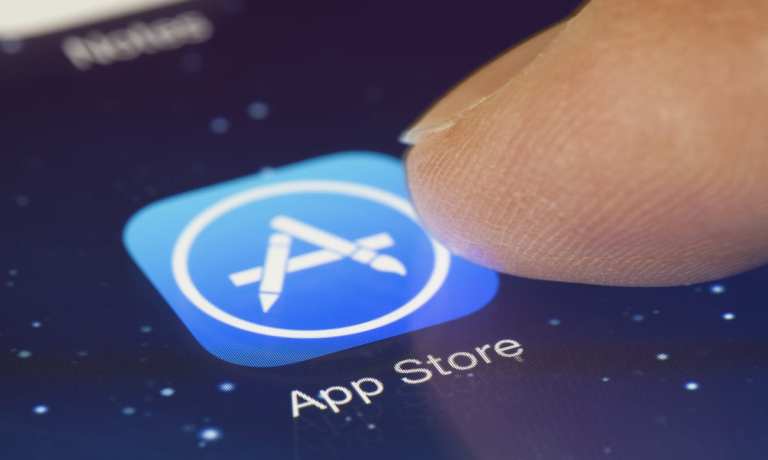Apple Commission Cut Shows App Store Worries

In business, sometimes giving in — just a bit — is a strategy.
Better to walk away with something, the thinking might go, then be left with nothing.
To that end, Apple said Wednesday (Nov. 18th) that had cut the commission it charges on smaller firms that sell offerings on its App store from 30 percent to 15 percent.
As reported in this space, app developers earning less than $1 million after commissions in annual revenues would be eligible to participate in a small business program that would cut those rates. With a bit more granular detail, the halved commission rate will apply to all paid app revenue and in-app purchases. The company has said that a “vast majority” of its more than 28 million registered app-focused developers and enterprises would qualify for the program.
The 30 percent structure remains in place for developers whose sales exceed the $1 million mark.
The program takes effect next year, and can be construed as an effort to keep smaller companies on board while still levying the high rates on the larger companies who, ostensibly, can shoulder the cost (such as Epic Games, which is the firm behind the wildly popular game Fortnite and Spotify). Epic has been in the midst of a legal battle with Apple over the App Store and the commission structure.
Indeed, as quoted in The Wall Street Journal, Tim Sweeney, chief executive of Epic stated, “Apple is hoping to remove enough critics that they can get away with their blockade on competition and 30% tax on most in-app purchases. But consumers will still pay inflated prices marked up by the Apple tax.”
The move also comes as Congress is mulling various ways to look at Big Tech’s competitive (or depending on how it is framed, anticompetitive) practices. Apple’s App Store concession may reflect worries about this scrutiny.
A US House subcommittee report also said earlier this fall that the Apple pivot toward services entails, in part, “collecting commissions and fees in the App Store. In the absence of competition, Apple’s monopoly power over software distribution to iOS devices has resulted in harms to competitors and competition, reducing quality and innovation among app developers, and increasing prices and reducing choices for consumers.”
The Great Services Pivot
As for the App Store itself….PYMNTS has noted in past coverage that Apple has been relatively opaque about its services businesses. Services garnered about $14.5 billion in revenues for the company — a record — and management noted double-digit gains in the segment without breaking out its contribution to overall results.
As to how it all might play out in terms of economics: As reported by Apple Insider, per a note to investors, Morgan Stanley analyst Katy Huberty said cutting the commissions would result in an “immaterial” impact to the firm, chiefly because the “vast” majority of the top line that comes from the App Store comes from larger developers. Of the roughly $43.9 billion generated in revenues from 23 million developers thus far into the year, the overwhelming majority, at $40.3 billion, came from only 1,500 of them, as estimated by SensorTower data.
In other words – Apple’s gesture seems a concession that doesn’t rock the boat all that much.
Read More On Apple:
- Smartphone Sales Climb Thanks to Markdowns and AI
- Apple Reportedly Still Seeking ‘Killer App’ for Vision Pro
- Report: Apple Accused of Abusing App Store Position in India
- Trending: Next Steps for Apple as It Opens Its Ecosystem in Europe